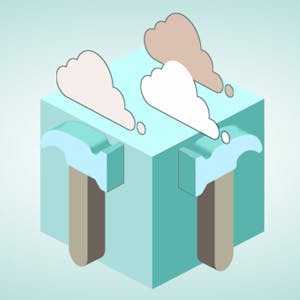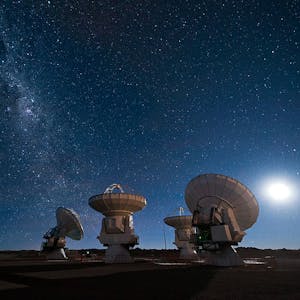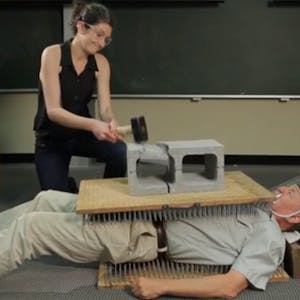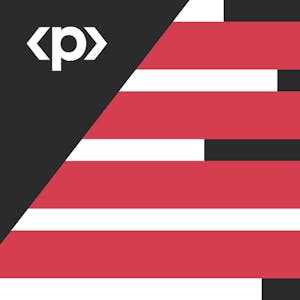Cloud Computing Applications, Part 1: Cloud Systems and Infrastructure
About this Course
Welcome to the Cloud Computing Applications course, the first part of a two-course series designed to give you a comprehensive view on the world of Cloud Computing and Big Data! In this first course we cover a multitude of technologies that comprise the modern concept of cloud computing. Cloud computing is an information technology revolution that has just started to impact many enterprise computing systems in major ways, and it will change the face of computing in the years to come. We start the first week by introducing some major concepts in cloud computing, the economics foundations of it and we introduce the concept of big data. We also cover the concept of software defined architectures, and how virtualization results in cloud infrastructure and how cloud service providers organize their offerings. In week two, we cover virtualization and containers with deeper focus, including lectures on Docker, JVM and Kubernates. We finish up week two by comparing the infrastructure as a service offering by the big three: Amazon, Google and Microsoft. Week three moves to higher level of cloud offering, including platform as a service, mobile backend as a service and even serverless architectures. We also talk about some of the cloud middleware technologies that are fundamental to cloud based applications such as RPC and REST, JSON and load balancing. Week three also covers metal as a service (MaaS), where physical machines are provisioned in a cloud environment. Week four introduces higher level cloud services with special focus on cloud storage services. We introduce Hive, HDFS and Ceph as pure Big Data Storage and file systems, and move on to cloud object storage systems, virtual hard drives and virtual archival storage options. As discussion on Dropbox cloud solution wraps up week 4 and the course.Created by: University of Illinois Urbana-Champaign

Related Online Courses
This course provides a comprehensive understanding of network fundamentals and Cisco platform development, equipping learners with the skills necessary for network management and automation. By... more
\"How do they know that?\" Modern astronomy has made some astonishing discoveries - how stars burn and how black holes form; galaxies from the edge of the universe and killer rocks right next door;... more
Most of the phenomena in the world around you are, at the fundamental level, based on physics, and much of physics is based on mechanics. Mechanics begins by quantifying motion, and then explaining... more
This is a self-paced lab that takes place in the Google Cloud console. Google Cloud HTTP(S) load balancing is implemented at the edge of Google\'s network in Google\'s points of presence (POP)... more
The Cisco CCNA (200-301) course provides a solid foundation in networking principles, preparing you for success in the IT world. Throughout the course, you will learn to manage, configure, and... more








